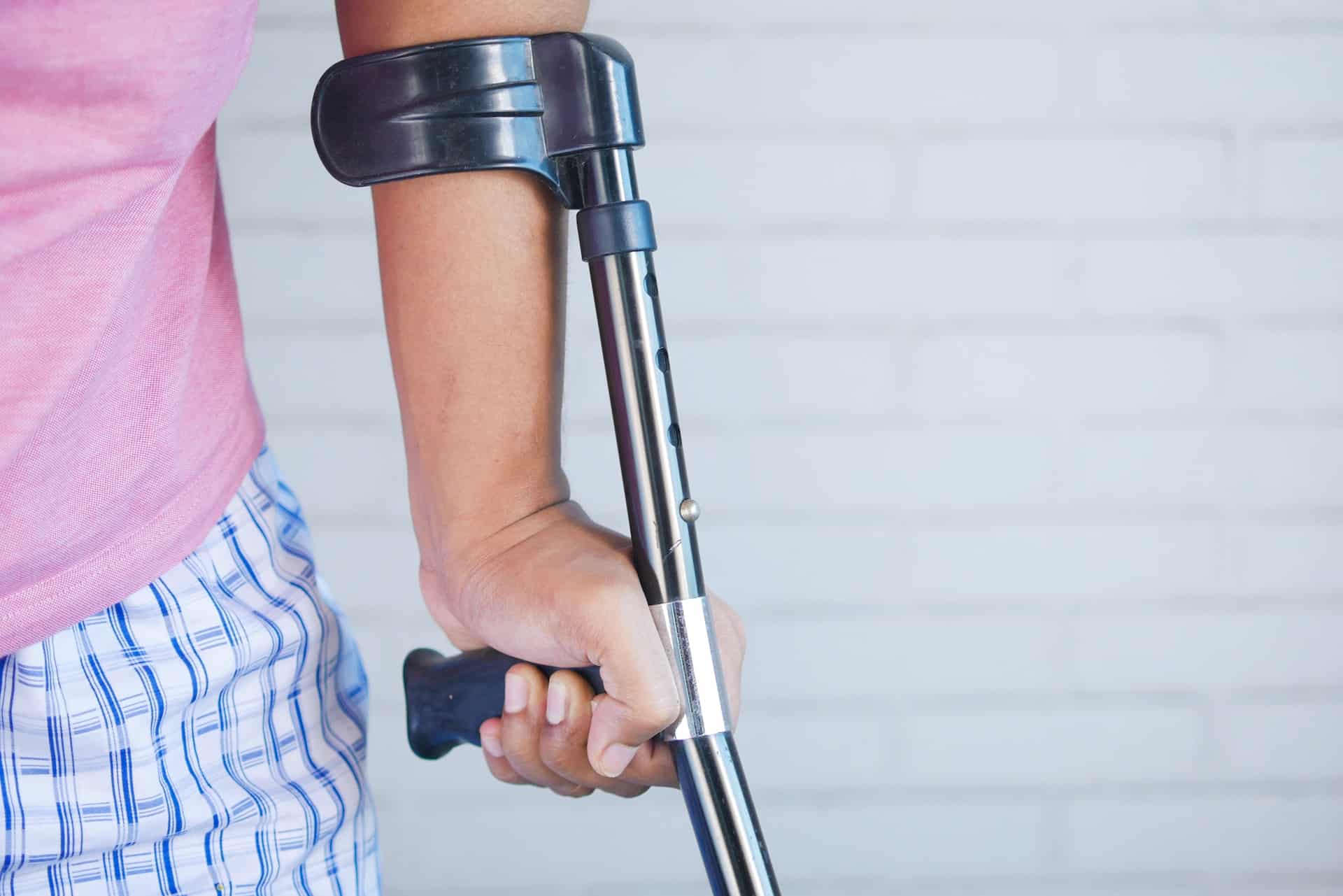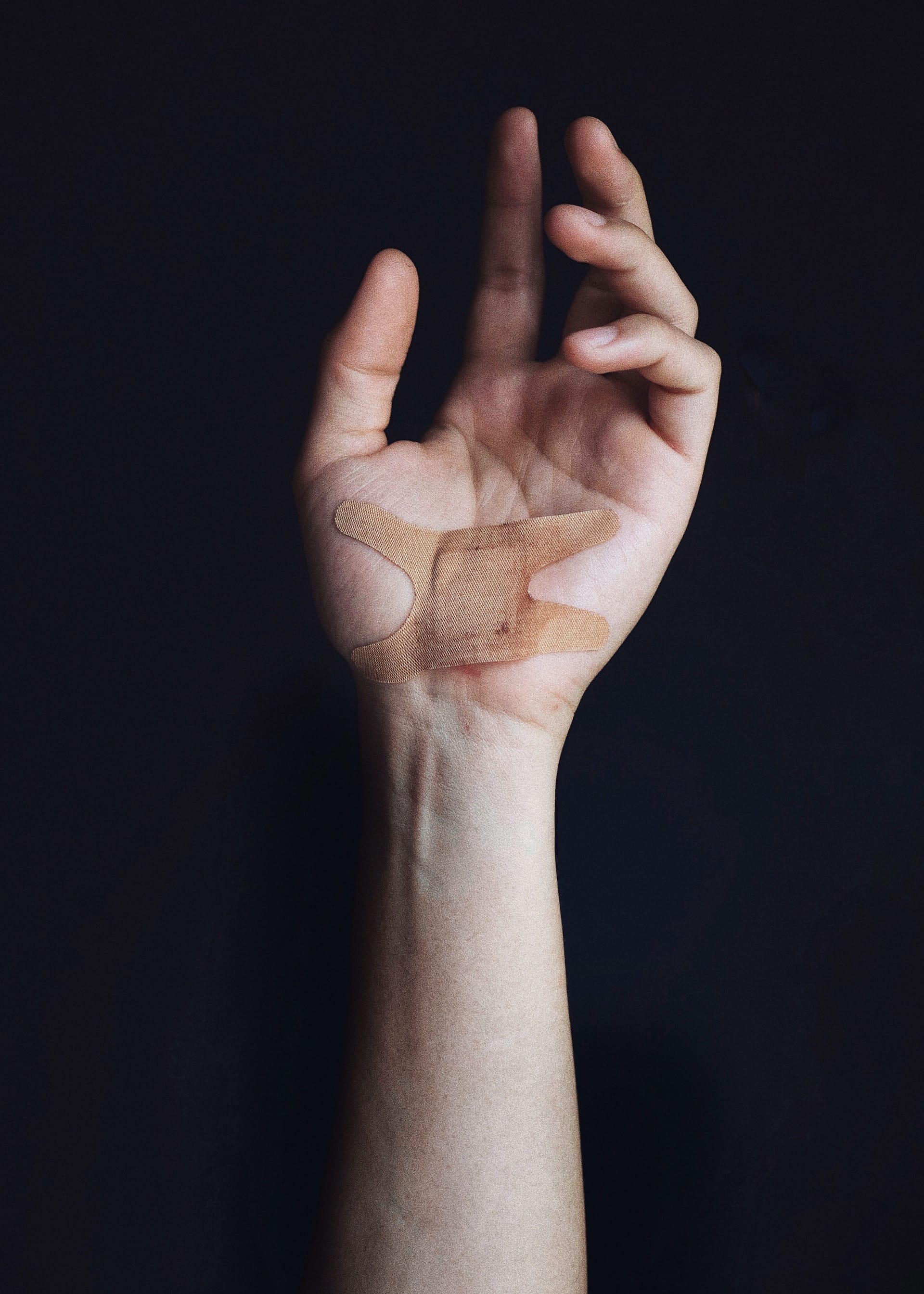In the picturesque state of Wisconsin, personal injuries can unexpectedly disrupt lives and pose formidable challenges to physical well-being and an individual’s career and employment trajectory.
According to recent data from the Wisconsin Department of Workforce Development, personal injuries accounted for a staggering 23% of all workplace accidents in the past year, leaving many residents grappling with the repercussions on their livelihoods.
Whether caused by a motor vehicle accident on scenic highways or a slip-and-fall incident amidst charming landscapes, such injuries can cast a long shadow on one’s professional aspirations.
IMAGE: UNSPLASH
The economic impact is palpable, with thousands of workers facing extended medical leave and reduced working hours due to the severity of their injuries. In this article, we delve into the profound impact of personal injuries on careers in Wisconsin.
Armed with compelling location-based statistics, we explore how these unfortunate events can shake the foundation of employment prospects, leaving individuals dealing with uncertainty and mounting concerns.
Furthermore, we shed light on a personal injury law firm’s crucial role in guiding victims through the legal complexities, advocating for their rights, and pursuing compensation.
Understanding Personal Injuries
Personal injuries encompass a wide range of physical harm caused by accidents or incidents, including but not limited to car accidents, slip and fall incidents, workplace injuries, and medical malpractice.
These unfortunate events can occur in various settings, such as roads, public places, and workplaces. Car accidents, often caused by reckless driving or negligence, contribute significantly to personal injuries.
Slip and fall incidents are common in commercial establishments or poorly maintained areas. Workplace injuries may arise due to hazardous conditions, lack of safety protocols, or equipment failures.
The aftermath of such injuries can be overwhelming, taking a toll on individuals physically and emotionally. The physical impact may result in pain, disabilities, and the need for medical treatment, while emotionally, it can lead to anxiety, depression, and fear, affecting one’s overall well-being and ability to cope with daily life.
Understanding the nature and causes of personal injuries is crucial to raising awareness and implementing preventive measures to protect individuals from such occurrences.
Impact Of Personal Injuries On Career And Employment
When a personal injury occurs, its impacts ripple through various aspects of an individual’s life, extending far beyond the immediate physical pain. Let’s explore some of the significant consequences of personal injuries on individuals, their livelihoods, and overall well-being.
From lost wages to mental health challenges, these effects underscore the need for comprehensive support and understanding for those navigating the aftermath of such unfortunate events.
- Lost Wages: One of the most immediate impacts of a personal injury is often lost wages. If an individual cannot work due to injury, they may be forced to take time off or quit altogether. This loss of income could lead to financial difficulties that may last long after the physical recovery process has been completed.
- Medical Expenses: Another significant effect of personal injuries is medical expenses. When an individual is injured, they typically require medical treatment, which can become very expensive depending on the severity of the injury. These expenses can quickly accumulate even with health insurance coverage, leading individuals into debt situations that could be hard to recover from without support from family or friends or state-granted funding options designed for such cases.
- Physical Limitations/Disabilities: Physical Limitations and Occupational Impacts: Personal injuries can result in varying degrees of physical limitations or disabilities that hinder an individual’s ability to perform specific tasks, especially in physically demanding professions like construction. Even with accommodations, fulfilling complex job requirements might become impractical, given the industry’s standard efficiency and productivity expectations. For instance, a truck driver with a spinal cord injury may face driving restrictions during recovery, potentially leading to a loss of employment and significantly altering the trajectory of their life and career.
- Mental Health Challenges: Beyond the physical repercussions, personal injuries can take a toll on an individual’s mental health. Coping with trauma, depression, anxiety, or PTSD symptoms can hinder the execution of daily tasks, impacting workplace activities and long-term financial well-being. Neglecting necessary accommodations and treatments in favor of preventative measures may lead to a decline in overall employee productivity and strained work culture. A supportive work environment that prioritizes well-being, fosters accountability and implements appropriate management plans can help mitigate the risks of stress-related injuries and common mental disorders, ultimately promoting a healthier workplace for all participants.
- Strained Relationships: Personal injuries can strain relationships with family, friends, and colleagues. The emotional toll, changes in behavior, and dependency on others for support during recovery can lead to feelings of frustration, isolation, or burden on the injured individual and those close to them.
Tips For Dealing With Personal Injuries Impacting Employment
If you find yourself dealing with personal injuries that have impacted your career and employment prospects, several tips could guide you through this process:
- Seek Legal Representation: It’s essential to contact experienced professionals specializing in personal injury law. They can help you navigate the legal complexities, protect your rights, and pursue fair compensation for the damages incurred. A reputable personal injury law firm can be a valuable ally during this challenging time.
- Explore Workplace Accommodations: Engage openly with your employer about potential workplace accommodations. Discuss the possibility of working from home part-time or finding alternative roles within the organization that align with your post-injury limitations. Many industries now offer digitalized jobs with flexible operations, providing opportunities for continued productivity without mobility hindrance.
- Understand Employment Protections: Familiarize yourself with the employment protections and rights available under state and federal laws. Inquire about the Family and Medical Leave Act (FMLA) or similar provisions that can grant you temporary leave without risking your job security.
Conclusion
Personal injuries can significantly impact an individual’s career and employability. However, with the support of counseling, rehabilitation programs, and therapeutic coaching services, individuals can confront mental challenges and discover new opportunities to utilize their skills. Seeking legal advice, prioritizing post-injury and mental health support, and fostering a healthy work environment contribute to their recovery and long-term success.
Embracing these resources enables individuals to overcome the hurdles caused by personal injuries and thrive in their careers, establishing a legacy of industry leadership and trust.
IMAGE: UNSPLASH
If you are interested in even more lifestyle-related articles and information from us here at Bit Rebels, then we have a lot to choose from.


COMMENTS